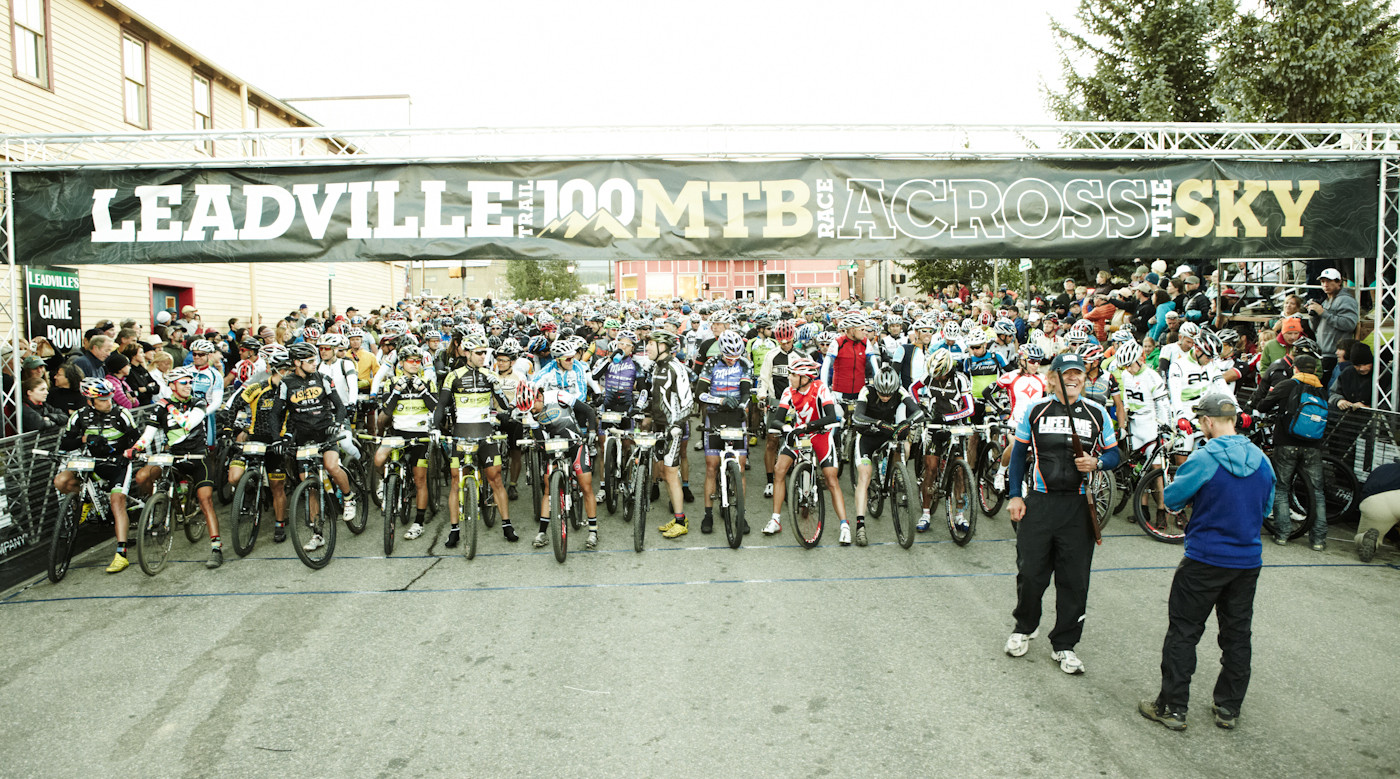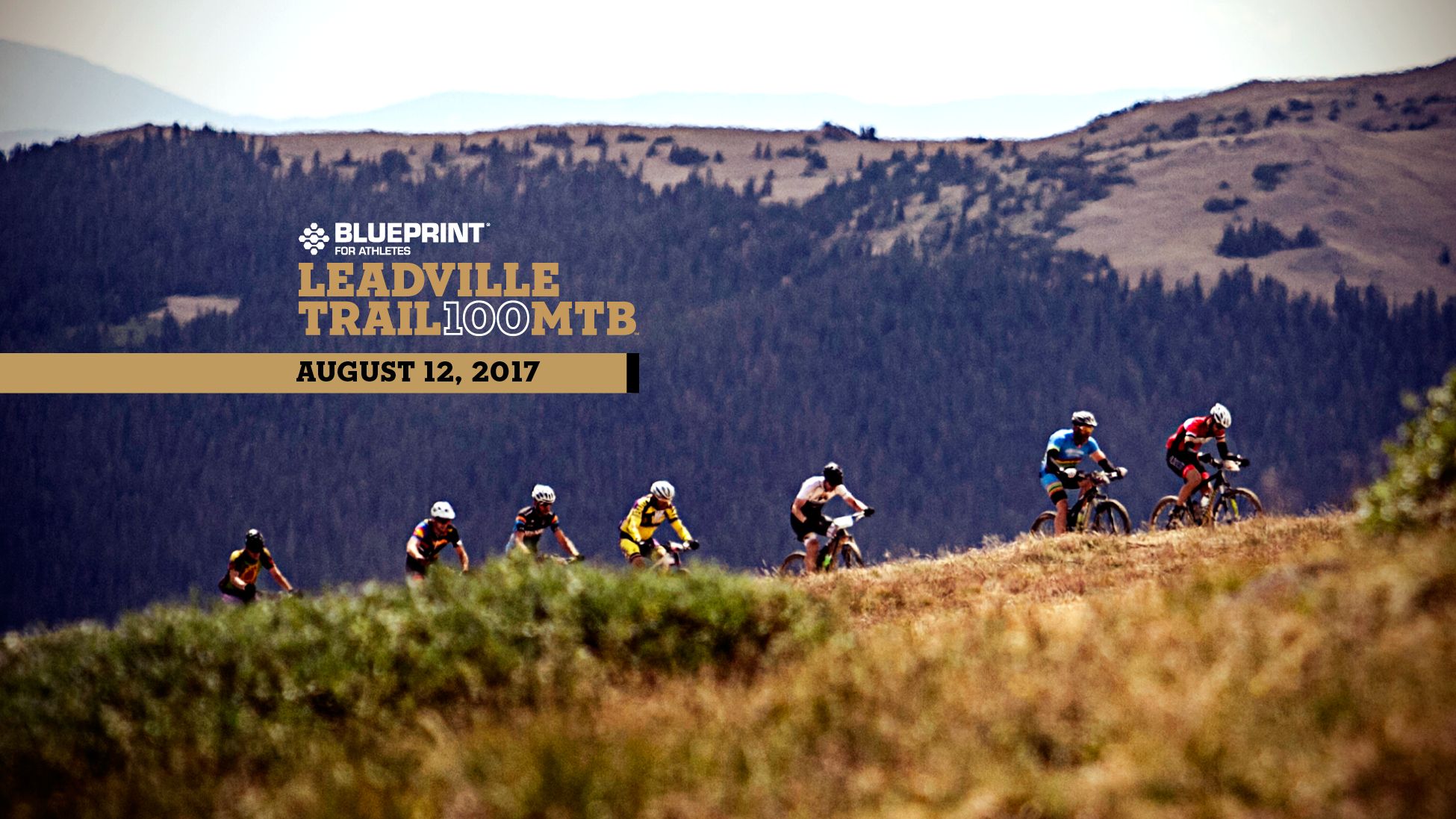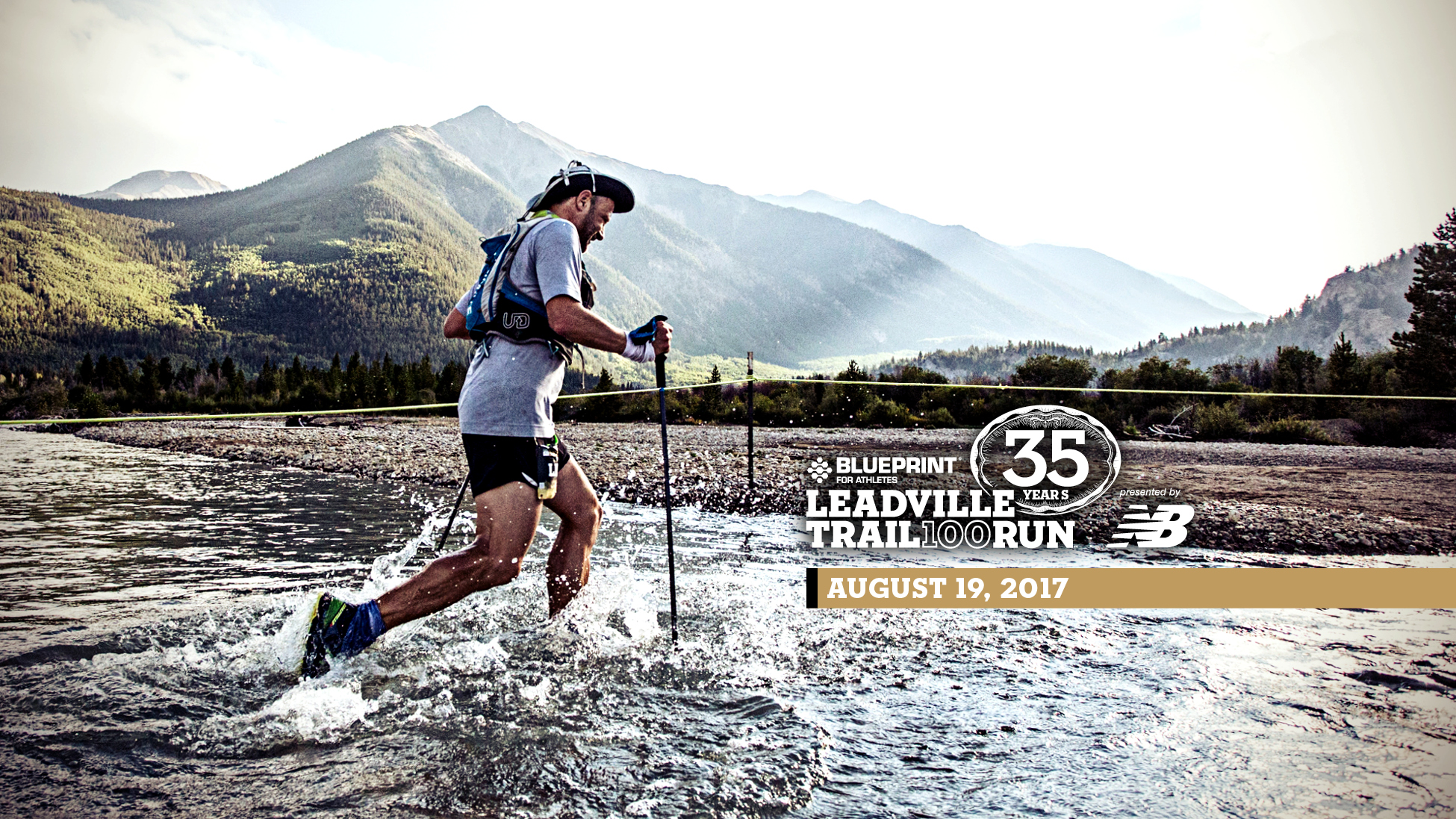An Interview with 2013 Leadville Trail 100 MTB Female Champion Sally Bigham
In her “best season ever” – and despite battling with the altitude and a flat tire on Saturday – Sally Bigham earned the win and the record.
Congrats on setting a new women’s course record! How did you pace yourself for this race? Was there any point on the course when you saw your times and realized that you were on track to set the record?
Thanks…I’m still smiling! Last year I went off course for approximately seven minutes and, had I not then I would (potentially) have been on target for the course record in 2012. With this in mind, I wrote down the splits that I would have had last year (minus seven minutes) on a course profile and stuck it to my handlebars. During the first half of the race my split times were on target and during the second half I was ahead of schedule. I knew that if I continued at that steady pace (and if nothing went wrong) then I should set a new record. Achieving it was very special, not least because Rebecca is such a great athlete. It was even more special when I realized that Alban had won also in a record time.
What happened with your flat tire during the race?
About three quarters of the way up Columbine I started to get blurred vision (the same thing happened last year so I think that must be my limit for the altitude!) and on the way back down I had a really bad rock strike on my rear wheel. This burped out a lot of air and from then until Carter’s Summit I rode with 10-12psi. I had gas bombs (CO2 cartridges) with me, but I didn’t bomb it until much later on. After the race we saw how lucky I was — the wheel is destroyed and I was fortunate that it didn’t break completely! Luck was definitely on my side this year!
How do you handle the challenges you have with altitude and still manage to be at the top of your game in races like this?
Yes, I really struggle with the altitude, though I think many people do. This is only my second time racing above 3,000m (about 10,000 feet), so I’m still learning. Both times I spent two weeks in Breckenridge and Leadville trying to acclimatize. The first time I think I tried to train too hard, this year I took a more relaxed approach to training and to the race. Rather than trying to do interval training as I normally would, I rode at a lower intensity and focused on endurance rides. I approached the race in the same way by riding at a lower intensity than I normally would and maintaining a heart rate below 150bpm whenever possible — though this wasn’t possible ascending Powerline. I think that it is too hard on the body to try to ride too hard at altitude.
Do you do a lot of your training near your home in England? Tell us about the terrain there.
I train in different places depending on the time of year. Last winter I spent some time in Cape Town (South Africa) in December and then in January and February I went to Gran Canaria (Spain), where I trained mainly on the road. In the spring I trained at home in Poole (Dorset), where it’s pretty flat, and also at my parents’ in the Peak District (Derbyshire), where it’s a little bit hillier. However, when I train in England I usually have to ride up and down the same hill 10 to 15 times to simulate a real mountain climb! People looking out of their windows think I’m nuts when they see me riding up and down the hill outside their houses!
What is your nutrition strategy during these long-distance races (and in races that cover multiple days, like TransAlp): real food or science food (gels, powders, etc.)?
I always aim to get between 1 and 1.5 grams of carbohydrates per kg of body weight per hour. I usually do this with TORQ energy drinks and gels, but this year in the LT100 I decided to eat TORQ bars, too, because over such a long distance I believe that some solid food is also good. I also scoffed a couple of bananas. I always add Elete electrolytes to my bottles, before, during and after the race.
In stage races I believe that it’s important to eat well after each stage and I usually have pasta for lunch and then rice/potatoes for dinner. I eat a lot. Fortunately I like eating.
You’ve said one of your goals is to “ride to your full potential.” How do you define that?
This year I have had a lot of success and it’s definitely been my best season ever. However, I believe I still have more to achieve and I guess I’ll keep striving for that (so long as I’m still having fun). A big goal is to get more medals at the World Marathon Championships…a gold one would be nice. 😉
What’s next on your race docket? And will you be back in Leadville next year?
In a couple of weeks I’ll travel to Norway, then perhaps Langawi, before finishing the season in France in October. Lots of traveling, but first I need to get rid of this jet lag.
I’d love to come back to Leadville…Now I want to go faster! 😉



